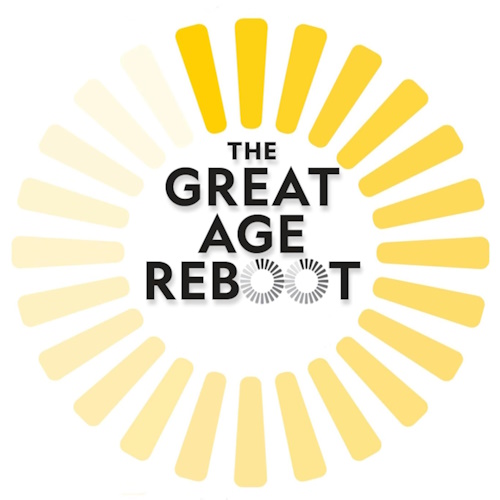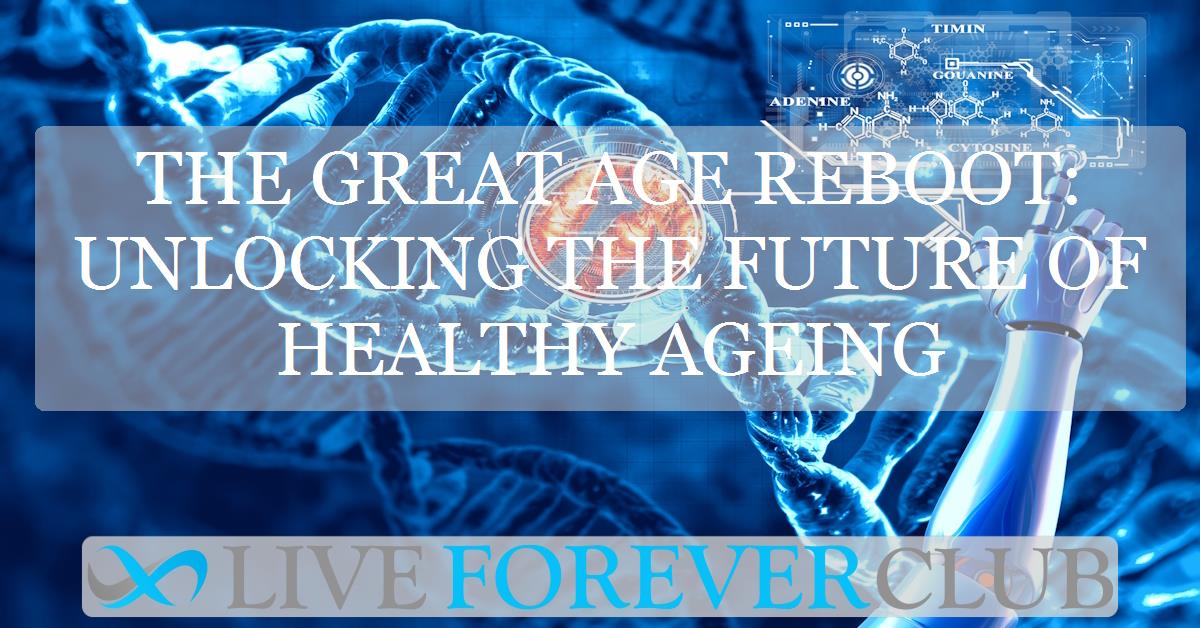Key points from article :
Michael F. Roizen, MD, along with co-authors Peter Linneman and Albert Ratner, introduces a transformative vision of ageing in his new book The Great Age Reboot: Cracking the Longevity Code for a Younger Tomorrow. The book explores cutting-edge technologies like DNA manipulation, reengineering ageing cells, and bionic body parts, which could drastically extend human life and improve health in old age. Roizen provides a practical action plan for readers to maintain youthful appearance, mental sharpness, and strong finances while highlighting the scientific advancements that could redefine what it means to grow old.
Roizen emphasizes that healthy ageing isn't just about the future; there are steps people can take today. He highlights brain health, pointing to 33 actions proven to keep the brain younger, including speed of processing games, which have been shown to reduce dementia risk by 30%. Drawing from his earlier book RealAge, Roizen stresses the importance of lifestyle choices—such as diet, exercise, and stress management—in slowing the ageing process. He now believes that emerging science could allow people to reach their 80s or 90s with the biological health of someone in their 30s or 40s, based on promising results from animal studies.
On a societal level, Roizen argues that increased longevity could reduce healthcare costs and boost economic productivity. He cites the success of wellness programs at the Cleveland Clinic, which saved over $1 billion in healthcare expenses. Roizen also advocates for policy changes like early savings programs to reduce wealth inequality and promote financial security in longer lives. He believes that longevity offers immense societal benefits and should be embraced as a solution to healthcare, budget, and pension challenges rather than feared as a burden.






